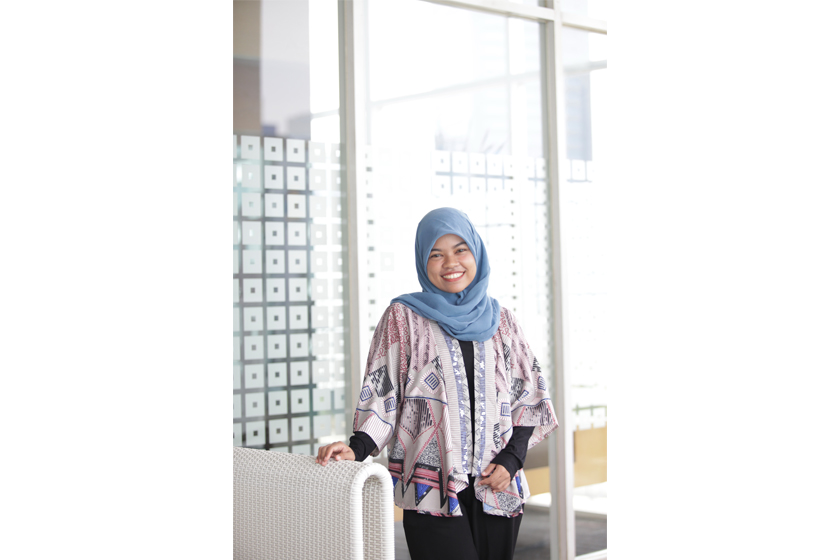Project leader: Ms. Nurul Husna Salahuddin
Level of education and university: Exchange Program, Australia-Indonesia Youth Exchange Program
Collaborating Organisations: -
Project Location: Banda Aceh, Aceh
Activity Type: Community development activities
Sector: Human resources development, public health, health services
Project Rationale:
Mental illness has become a worldwide issue. One-third of people with mental illness reported reluctance to seek help and treatment. Embarrassment related to revealing personal information, a lack of treatment facilities and equipment, social stigma, and anxiety regarding not following social norms are the principal reasons people are not seeking help (Vogel, Wester& Larson, 2007). Compared to Westerners, Asians have lower rates of seeking help (Mokkarala, O’Brien & Siegel, 2016). Social stigma and the fear of betraying social norms are the primary reasons why Asian people are reluctant to seek support (Bradby et al., 2007; Mascayano, Armiho & Yang, 2015).
In developing countries such as Indonesia, the stigma associated with mental health is gaining the attention of many researchers and psychology practitioners, seeing that stigma appears to be a stronger barrier to accessing treatment (Mascayano, Armiho & Yang, 2015). A review of the 2013 Riskesdas data revealed that the prevalence of severe mental disorders of the Indonesian population reached 1.7%, and Aceh is included in the top three. The rise of mental disorder cases has resulted in the increase of patient referrals to Aceh mental health hospital (Mawarpury, et al., 2014), the only hospital to accommodate 4.7 million residents (Aiyub & Astuti, 2016). The discrepancy shows an urge for adequate mental health service strategies, both in hospitals and in communities, and experts in policy intervention level regarding this issue which was warranted now.
Project Beneficiaries:
80 people for Mutual Help Groups (MHG) (direct beneficiaries) and an unlimited access to the public mental health awareness campaign on our social media.
Priority Development Area:
Human development for a productive and healthy society
Link with Australian organisation: -


 Well-Being Shelter
Well-Being Shelter
